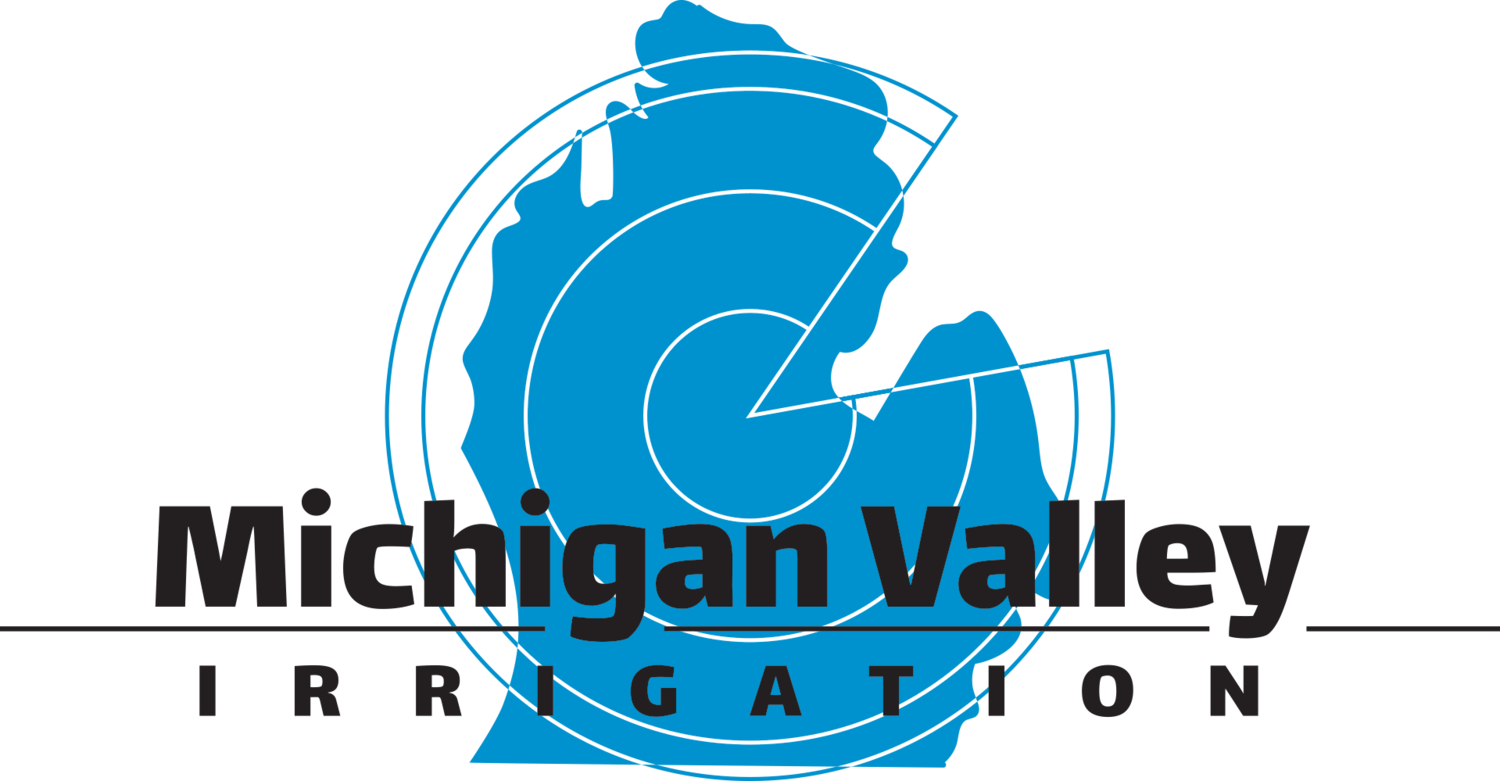Timing of Moisture Can Be A Season Maker or Breaker
Farming can be a challenging occupation. Weather is certainly a major factor in many of the things we do. We all have weather apps on our devices and some of us rely on several different sources for weather information to aid in daily decision making. Data based decisions are generally more likely to provide favorable results, but risk is always a factor. Any type of outdoor crop is uniquely exposed to temperature, humidity, precipitation and wind. All these influences will play a significant role in the success of our crops and ultimately our bottom line at year end.
As managers we must learn to work at controlling what we can and do our best to insure ourselves against the rest. The timing, amount and frequency that water is made available to our plants has a tremendous impact on plant performance and yield. If we do not invest in the equipment to supplement the proper amount and timing of water, we are not attempting to control this input. Insufficient water is not only a direct need to sustain the plant and allow it to cool itself but can be an important factor in the uptake of nutrients and impact the effectiveness of crop protectants. No other input has more influence on crop production than water.
Having been involved in agriculture my entire life and exposed to irrigation for much of it, I have heard many reasons folks have provided why they do not irrigate.
I have heavy dirt that holds the moisture well.
It’s too expensive.
Most years we get enough rain.
My field layouts are not pivot-friendly.
It’s one more thing I would have to manage.
Weather patterns have and will fluctuate in cycles. Michigan precipitation has tended to have a slight increase in annual precipitation over the last few years. How has the timing been? In 2023 the months of May and June many areas received little or no rain. Without irrigating, the germination was sporadic and delayed.
Mostly adequate amounts of rain came during July, August and into September, but some damage was already done. Crops that germinated months apart in the same field did not mature evenly, causing yield and harvest issues.
Turn the page to 2024. Early rains made for nice even, timely germination and summer rains proceeded to grow lush crops. After August 4th, until today September 19, I measured only 1.1 inches at my small Allegan County farm. Corn needs over 2 inches per week during that development phase. There is no measurable rain expected in the next 10 days. Unirrigated lawns are brown. Crops went from looking great to looking dry and starving for moisture. Harvesting quality corn silage turned from it’s ready, to being poor feed very quickly. Driving by open fields being chopped for silage without irrigation, I could easily see drier ridges from sandy soils looking even worse. These issues could have been prevented with irrigation.
It may not be viable to water all your fields, but if you minimize those dryland acres you can adjust schedules, crop rotations and practices to minimize your losses. As I have mentioned in the past, we generally receive enough annual precipitation in Michigan to grow nice crops, it doesn’t arrive on our schedule in the growing season. I would encourage you to do some risk assessment. With the actual cost to plant, grow, harvest and transport crops, can you afford to risk getting all your rain on schedule? If you aren’t sure, I would highly recommend you have a conversation with some fellow farmers you know that have irrigated for at least a few years.
Click the button below and we can help you out with some comments from a handful of customer quotes on our website:
Click the button below to Call our McBride office to set up a no obligation visit by a staff member at your farm:
or dial 989-762-5028.
ABOUT THE AUTHOR
Pete is the marketing manager for Michigan Valley Irrigation, having joined the company in 2016. He was raised on a dairy farm in western New York and graduated from Cornell University with a B.S. in agricultural economics. His entire working career of over 37 years has been involved in agriculture. A farmer helping farmers. When away from Michigan Valley he operates, Joyful Noise Farm, a small livestock and produce farm and spends time with his family.






